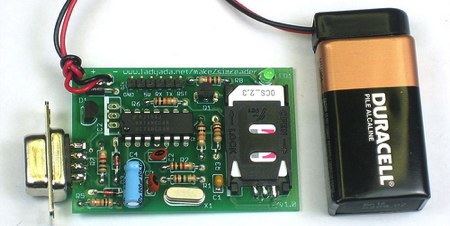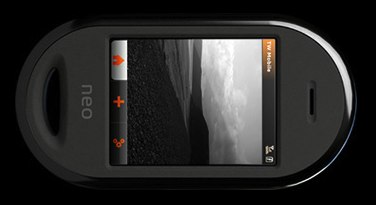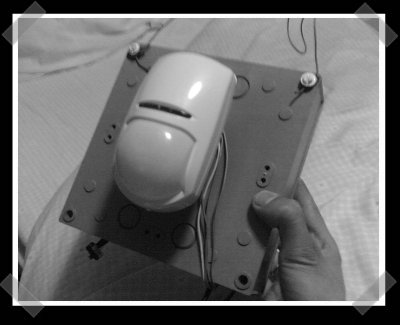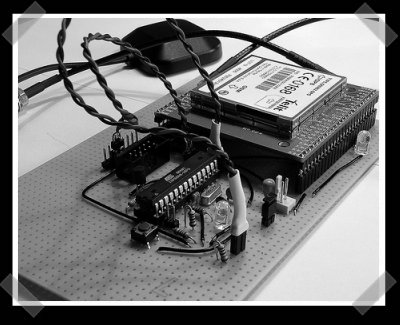
November 1st means that registration for ShmooCon 2009 has opened. The DC hacker convention is entering the fifth year. They’re releasing the tickets in blocks; after today’s are gone the next won’t be available till December 1st. Today is also the closing of first round consideration for their call for papers, but you still have another month before the final deadline.
We’ve always enjoyed our time at ShmooCon. In 2008 we saw talks on cracking GSM encryption and recovering data from SSDs.














